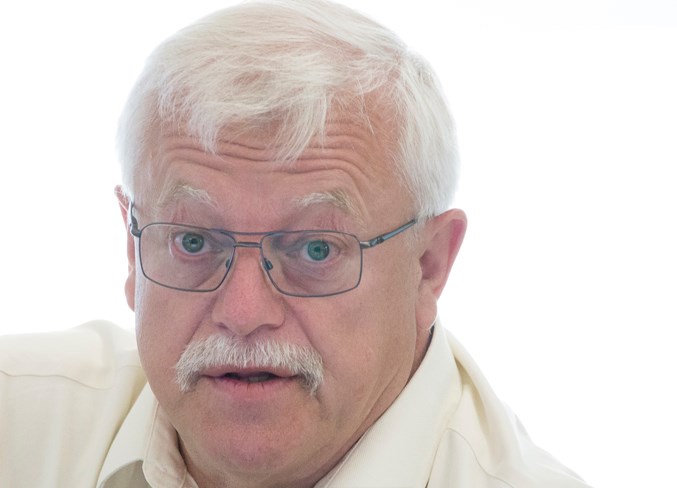Rural municipalities will be continuing to push for more funding from the provincial government to help cover costs associated with the legalization of cannabis, says Al Kemmere, a Mountain View County councillor and president of the Rural Municipalities of Alberta Association (RMA).
Last month, the RMA and the Alberta Urban Municipalities Association (AUMA) said the province needs to come up with more cash.
Association officials intend to renew the call for more support at upcoming meetings with provincial ministers, he said.
“We haven’t heard anything,” said Kemmere. “They have been leaving it alone and there has been no real response. One of our big things was a call to get more engaged with the province, to have a more wholesome conversation with them. We haven’t heard anything back from them.
“We are meeting with ministers in the next couple weeks and we are going to be pushing on them there. We are meeting with Municipal Affairs Minister Shaye Anderson next week.”
The call for more financial support for municipalities came after the province unveiled the new Municipal Cannabis Transition Program, which calls for municipalities to receive $11.2 million to help cover cannabis-related costs.
“The lack of funding through the MCTP made available to Alberta’s rural and small urban municipalities raises significant concerns as to the effective enforcement of bylaws guiding recreational cannabis use,” Kemmere said following announcement of the program.
The RMA believes all municipalities, including the 69 represented by the association, should be receiving a 50 per cent share of federal cannabis excise tax revenues “in order to practically address costs associated with increased planning and enforcement responsibility.
“The MCTP provides minimal funding to a limited number of Alberta’s municipalities, not reflecting the challenges that rural and small urban municipalities will have in addressing effectively in their communities.”
In announcing the MCTP program, Municipal Affairs Minister Anderson said the $11.2 million being provided will be helpful to municipalities.
“The grants will help offset enforcement and other implementation costs at the local level,” said Anderson. “The province will continue to work with municipalities to determine the next steps and better understand the impacts during the first two years of legalization.”
Barry Morishita, president of the AUMA, says the province has failed to adequately consult with municipalities on the potential impacts of cannabis legalization.
“Hundreds of Alberta communities are being forced to choose between hiking property taxes and putting public safety at risk and that is unacceptable,” said Morishita.
Meanwhile, Kemmere says the association plans to bring up other issues with provincial ministers at upcoming meetings, including the future of the Municipal Sustainability Initiative (MSI program) and the need for more support at the local level in the fight against rural crime.
“We are meeting with Justice Minister Kathleen Ganley in the near future,” he said. “The fact that they are doing a full scale Police Act review in the next year or two years may have an effect. We are looking for as much support as possible and it is an ongoing discussion.
“What we need to get down to is the accuracy of the (crime) numbers because we are hearing numbers from different aspects as far as the propensity of crime being lower and that’s one of the items that we still need to drill into to see how accurate those numbers are and are they accurate over the long period of time.
“You don’t want to just judge six months or three month to say it’s actually a trend when it may just be a blip. Time will tell on that.”



